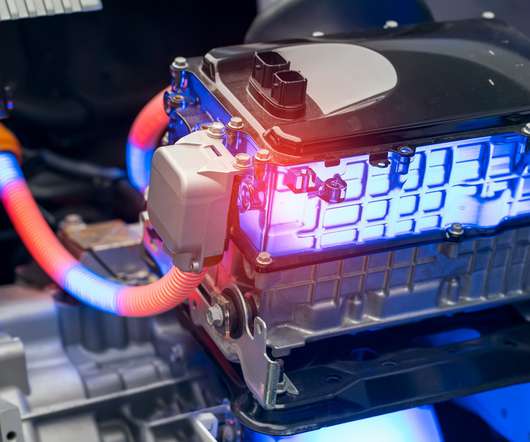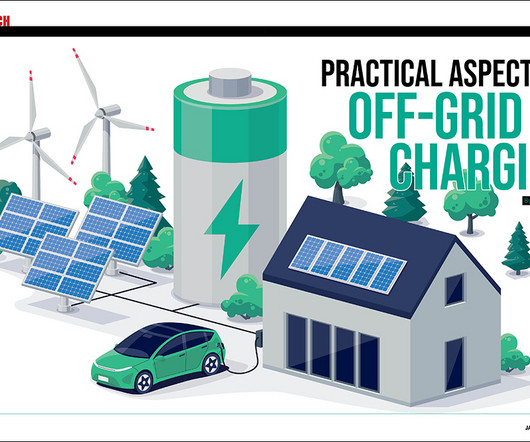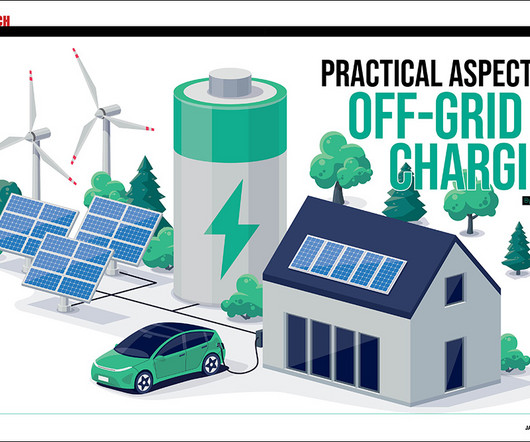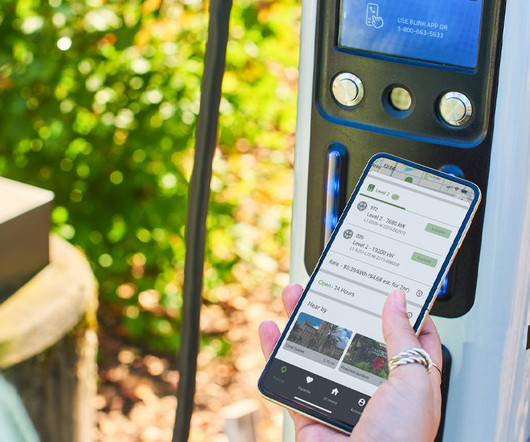Industry study finds lead-acid to remain most wide-spread automotive energy storage for foreseeable future; new chemistries continue to grow
Green Car Congress
MAY 28, 2014
The study, which provides a joint industry analysis of how different types of batteries are used in different automotive applications, concludes that lead-based batteries will by necessity remain the most wide-spread energy storage system in automotive applications for the foreseeable future.























Let's personalize your content